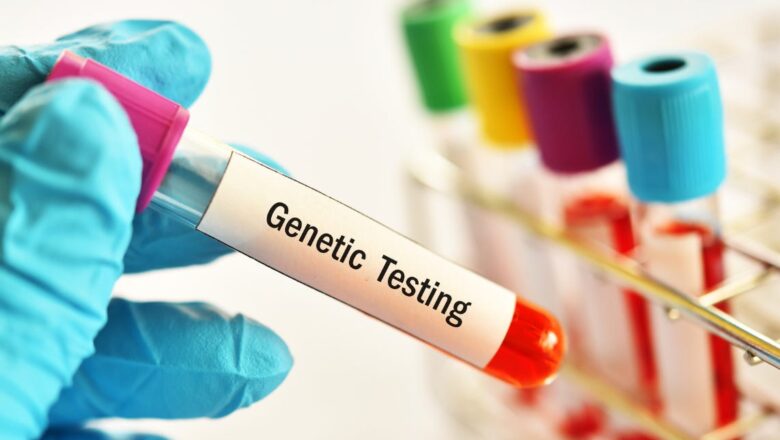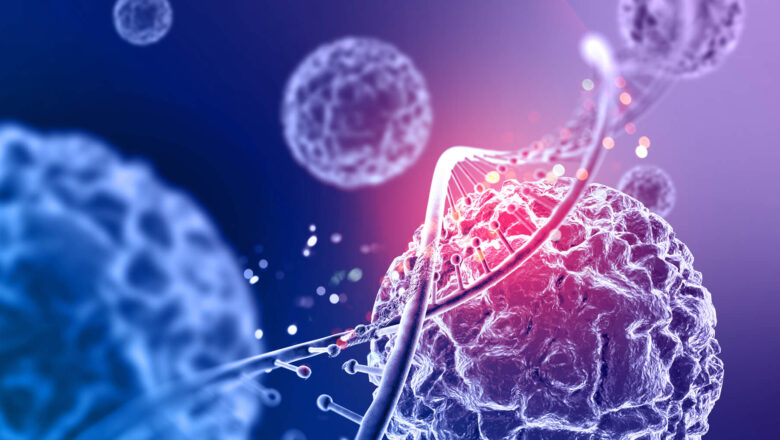
The Role of Genetic Factors in Disease Development
Genetic factors are one of the key components that have a significant impact on an individual's health. Genes regulate a person's bodily functions, determine their physical characteristics, and potentially affect their susceptibility to disease. In this article, we will examine the role of genetic factors in disease development. The impact of genetic factors on disease development is a complex concept. It will be explained through both monogenic diseases and polygenic diseases.
Monogenic Diseases and Genetic Predisposition
Monogenic diseases are diseases in which a single genetic change (mutation) causes the development of a disease. Examples of such diseases include cystic fibrosis, sickle cell anemia, and Huntington's disease. The development of these diseases depends on the prese...

